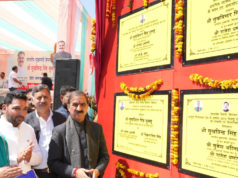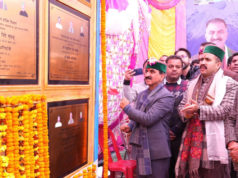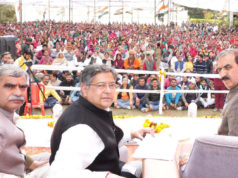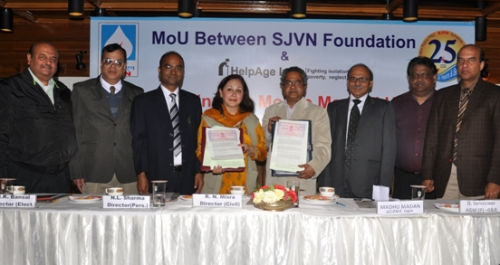In a significant leap towards improved governance and land management, the State’s Revenue Department has unveiled a long-awaited update to the Land Code, a critical document guiding land-related matters. This fresh publication comes after an astonishing hiatus of 31 years since the last Land Code was made available in 1992.
The latest Land Code is poised to revolutionize the way land-related issues are handled within the state. Its core objectives revolve around streamlining the resolution of land disputes and enhancing public access to vital information related to land matters.
Chief Minister Sukhvinder Singh Sukhu, while expressing his congratulations to the Revenue Department, underscored the Land Code’s monumental significance. He emphasized that every citizen’s life is intertwined with land-related matters at some point, making the availability of clear guidelines and regulations essential.
One of the primary goals of the new Land Code is to provide guidance to revenue officers, thereby enabling them to navigate the intricacies of land matters with ease. This is expected to expedite the resolution of land-related disputes, ensuring a smoother process for citizens. By making the rules and regulations more accessible, the government is working to empower both its officers and the public with the knowledge required to make informed decisions and take prompt actions.
The Land Code represents a crucial resource, containing guidelines, rules, and instructions that facilitate efficient resolutions of land-related issues. A well-maintained revenue justice system is indispensable for resolving disputes and maintaining social cohesion, vital for the development and prosperity of the state.
With this development, the state government is taking a pivotal step towards ensuring transparency, accessibility, and efficiency in the Revenue Department’s operations.
The long-awaited release of the Land Code signifies a turning point in land governance within the state. It promises to significantly enhance public access to information, simplify land-related matters, and ensure the quick and just resolution of land disputes, ultimately fostering greater harmony within communities.














